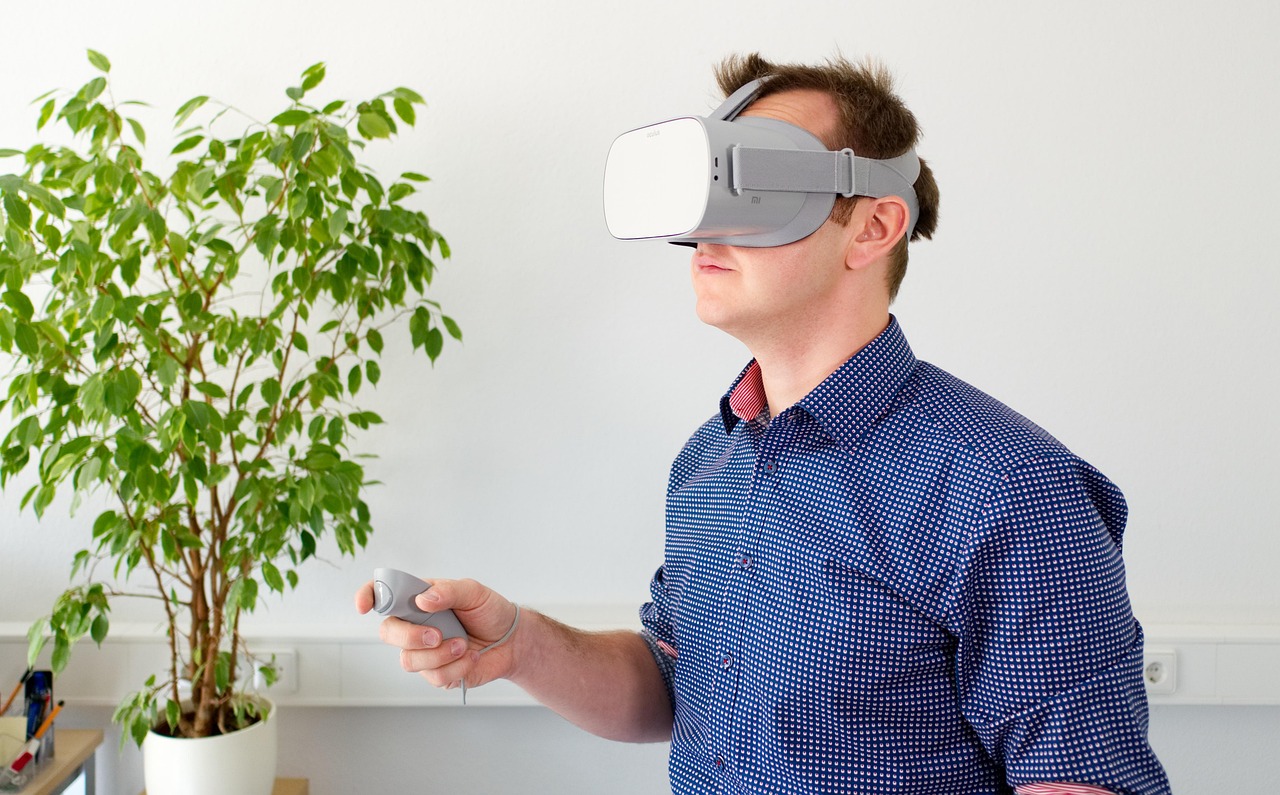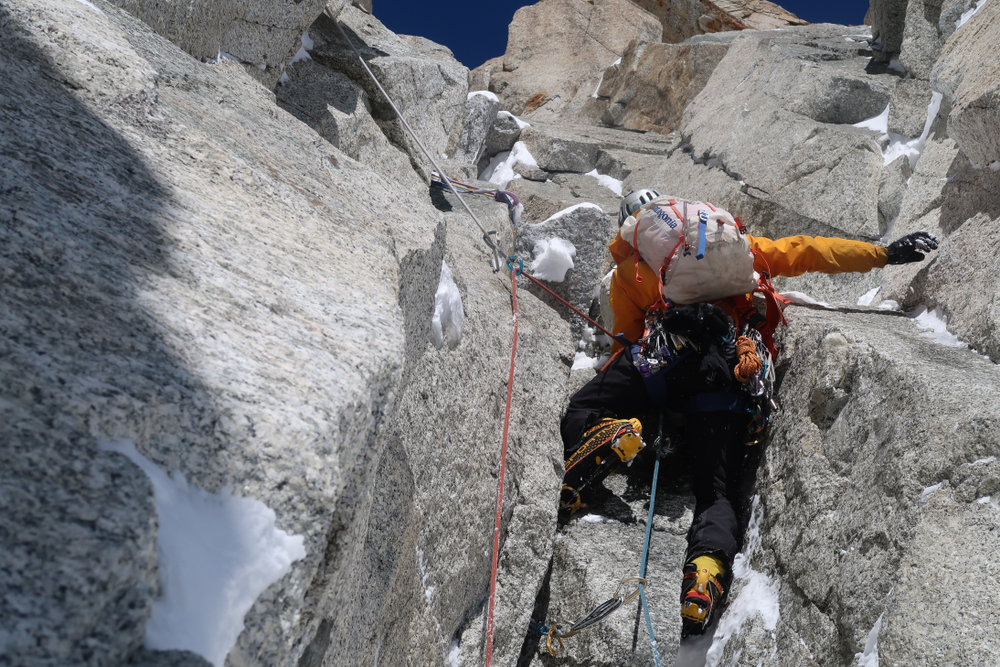Experiencing the Virtual World: An Insight into VR Technology
The world of technology is fast-paced and ever-evolving, with Virtual Reality (VR) being one of its fascinating realms. This article takes you on a journey through the magical world of VR, its roots, current advancements, and potential impacts on the market.

Tracing the Origins of VR
The concept of VR isn’t new. It dates back to the 1960s, with the creation of the first VR headset by Ivan Sutherland. It was a primitive device, providing a stereoscopic 3D display and a crude tracking system. However, it laid the foundation for the advanced VR systems we have today.
The Leap Forward: Modern VR
Today’s VR technology is light years ahead of its ancestors. The advent of lighter, more comfortable headsets, such as the Oculus Rift and HTC Vive, has revolutionized the experience. These devices offer high-resolution displays and precise head-tracking systems, providing an immersive experience that feels incredibly real.
The VR Landscape Today
VR is not just about gaming anymore. It’s being used in a variety of fields, including medicine, education, and architecture. For instance, medical students are using VR to practice surgeries, which reduces the risk of errors during real operations. Architects are using VR to create 3D models of buildings, allowing clients to explore their designs in a virtual environment.
VR’s Market Impact
The VR market is expected to reach $57 billion by 2027, according to a report by Fortune Business Insights. The growing demand for VR in gaming, healthcare, and education sectors is likely to fuel this growth. Furthermore, the COVID-19 pandemic has spurred the adoption of VR for remote collaboration and virtual events.
The Future of VR
The future of VR is bright and full of potential. With advancements in technology, we can expect even more realistic and immersive experiences. For instance, haptic feedback technology could allow users to ‘feel’ virtual objects, while improvements in AI could lead to more interactive and responsive virtual environments.
In conclusion, VR is a fascinating technology that has come a long way since its inception. As it continues to evolve and improve, we can expect it to play an increasingly prominent role in various sectors, from gaming and entertainment to healthcare and education. The journey of VR is a testament to the power of human imagination and the limitless potential of technology.






